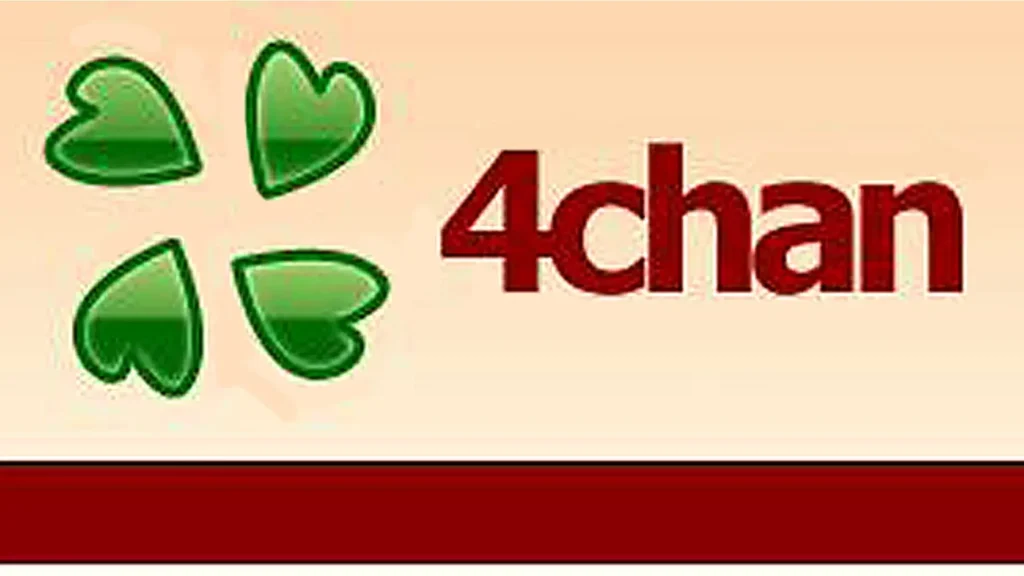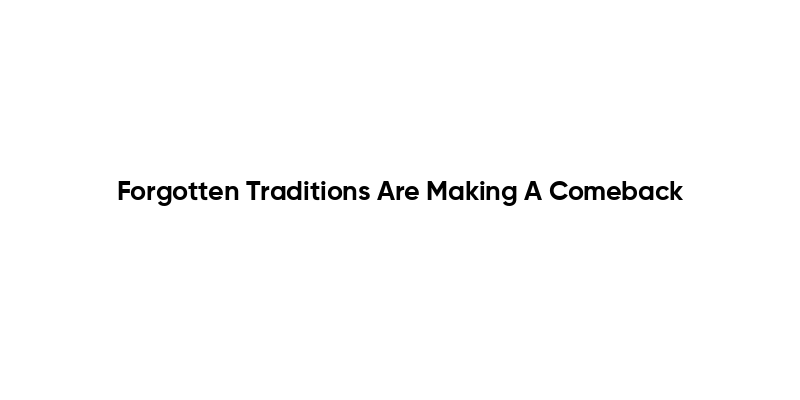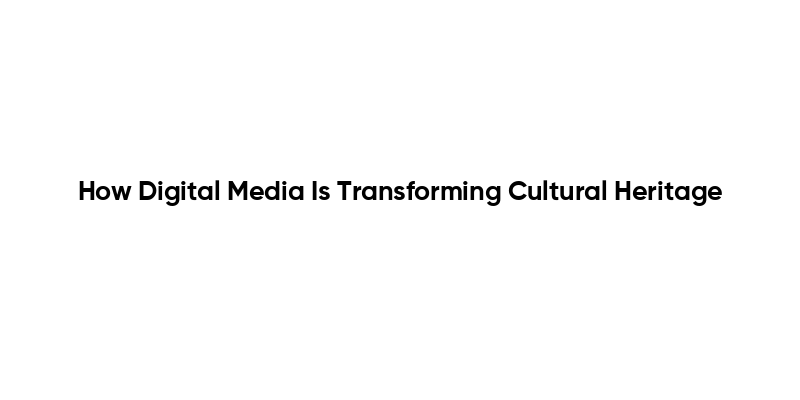4chan, a forum established in 2003 by Christopher Poole, quickly became a controversial yet influential staple of internet culture. Known for its anonymous posting style, this site has often been a breeding ground for discussions that range from playful humor to more sinister motives, leading to various 4chan controversies. Despite its tumultuous history, including infamous moments that sparked debates about online extremism, 4chan’s impact on social media is irrefutable. Many aspects of 4chan culture permeated the broader internet landscape, influencing everything from meme creation to social media dynamics. As one reflects on what happened to 4chan over the years, it’s evident that it shaped online discourse in ways still felt today.
The digital landscape has often been redefined by various platforms, and one of the most intriguing has undoubtedly been 4chan. This bulletin board-style forum, characterized by its lack of moderation and anonymous user interactions, has sparked both fascination and concern throughout its existence. Often described as a hub for both creativity and chaos, 4chan has been at the center of numerous discussions regarding its role in shaping online communication norms. From its contributions to meme culture to the darker sides of online radicalization, the site has left a lasting legacy in the realm of internet interactions. Exploring the evolution of such spaces reveals a complex narrative about the intersection of anonymity, community, and controversy in digital communication.
The Origins and Cultural Significance of 4chan
4chan emerged as a significant player in the development of online communities shortly after its founding in 2003 by Christopher Poole. Drawing inspiration from Japan’s 2channel, 4chan became a space where anonymity reigned supreme. Unlike traditional social media platforms that encouraged user profiles and consistent identities, 4chan allowed individuals to post under the pseudonym ‘Anonymous’ or through alphanumeric strings. This unique aspect fostered a sense of freedom but also chaos, enabling users to express outrage, humor, and creativity without the constraints imposed by personal accountability. This cultural foundation resonated deeply with the young digital population, marking 4chan as a hub for memes and internet culture that would influence many other platforms.
The site’s culture rapidly evolved, shaping the language of online discourse with the emergence of words and phrases that became prevalent in internet slang, such as ‘lulz’, ‘fren’, and ‘TFW’. These terms encapsulated a new form of humor characterized by irony and absurdity, which contrasted sharply with the carefully curated personas popular on platforms like Facebook or Instagram. 4chan’s raw, unfiltered interaction laid the groundwork for the kinds of exchanges we see today on social media, blurring the lines between online joking, trolling, and meaningful discussion.
As 4chan’s influence grew, so did its notoriety. The site’s infamous culture became synonymous with both the zeitgeist of the early internet and the darker corners of digital engagement. Users embraced the site’s anything-goes mentality, producing content that ranged from harmless memes to deeply controversial material, exploring themes that mainstream platforms often shied away from. This juxtaposition made 4chan a breeding ground for subcultures, some of which strayed into dangerous territory. The platform inadvertently became a flashpoint for various controversies, illustrating the complex relationship between freedom of expression and the accountability that comes with participating in public discourse.
4chan and Its Role in Internet Discourse
4chan played a pivotal role in shaping the dynamics of modern internet discourse, influencing how information and culture spread across platforms. Its legacy is evident in the real-time banter and meme exchanges popular on Twitter and TikTok today, where content dissemination mirrors the rapid-fire style of posts found on 4chan. These elements are critical as they define the new social media landscape, where the line between engagement and outrage often blurs, and trolling is an accepted form of contribution. As Cole Stryker noted, 4chan’s ‘nonstop playful misanthropy’ encapsulated a spirit of interaction that made online communities vibrant, even as they grappled with their darker elements.
The impact of 4chan is undeniable; it has taught users the mechanics of online interaction, from the art of spinning a joke to the game of competing for attention with sensational content. This culture of one-upmanship was notably foreseen on 4chan before permeating the broader internet, fostering an environment where ‘owns’ and banter became a way to navigate digital spaces. As social media evolved, many platforms attempted to replicate this instantaneous exchange, demonstrating that the pulse of online engagement was firmly rooted in the chaos that 4chan exemplified.
However, as the popularity of 4chan surged, so did the potential for negative consequences. The site inevitably became a breeding ground for extremism and problematic ideologies, with various groups using the anonymity of the platform to spread harmful rhetoric. This led to an escalation of controversies, drawing the scrutiny of media, authors, and policymakers alike, who warned about the implications of a platform that allows unchecked speech. Scholars and commentators, like Jared Holt, pointed out that the unbridled freedom that characterized 4chan had repercussions across the internet, as similar principles echoed through other sites, creating new hubs for hate speech and radicalization.
In the wake of these developments, internet users have begun revisiting the complex tapestry of online interaction formed by 4chan. As platforms such as Discord and Telegram facilitate closed conversations and private group chats, marginalized voices and radical thoughts continue to thrive within these niches, suggesting that the forum’s impact stretched far beyond its public persona. Yet, it’s essential to acknowledge that 4chan’s initial establishment of a vibrant, albeit chaotic, digital discourse set the stage for today’s conversations about community, speech, and the role of online platforms in shaping public opinion.
What Happened to 4chan? Reflecting on Its Decline
The decline of 4chan raises questions about the sustainability of such an unregulated platform in an ever-evolving digital landscape. Once a pioneer of online anonymity and a hotbed for meme culture, 4chan found itself overshadowed by larger social media giants in the 2010s. As mainstream platforms like Facebook and Twitter began to dominate the social media sphere, 4chan struggled to balance its identity as a free speech advocate with the demands for increased moderation and accountability. The sale of 4chan in 2015 marked a turning point, as it transitioned from being a beloved rebel entity to a site caught amidst debates surrounding online safety and moderation.
In April 2023, the site experienced a dramatic shutdown due to a hack, revitalizing discussions about its infrastructure and the ongoing challenges that come with maintaining such an environment. The aftermath saw 4chan attempting to reestablish itself on new, secured servers, but the public embarrassment from the leak of its source code marred its reputation. This event highlighted the vulnerabilities that stem from operating within a model that values anonymity above all else. While the hack might have been framed as a humorous jab at 4chan’s decline, it underscored a critical reality: the continuous battle for 4chan to retain relevance in a world where moderation and accountability are becoming the norm.
Despite its controversies, 4chan’s legacy remains a complex weave of cultural influence and cautionary tales. The rise of parallel platforms like Soyjak.party suggests that even as one site struggles with its identity, the undercurrents of 4chan’s culture persist in other forms. Furthermore, the essence of 4chan’s style—the irreverent humor, the love for chaos, and the sharing of content that makes one reflect—continues to echo across various social media channels. In analyzing the social impact of 4chan, it’s clear that while the future of the site might be uncertain, the fingerprints left by its culture are deeply imprinted in the fabric of online interaction.
The Influence of 4chan on Radicalization and Hate Speech
4chan’s role in fostered radicalization has been well-documented, with the site often acting as a fertile ground for extremist ideologies. The platform became a meeting place for individuals with controversial viewpoints, allowing for the propagation of hateful rhetoric and extremist narratives, often masked by the veil of anonymity. This environment led to not only the cultivation of fringe groups but has significantly influenced the broader landscape of online discourse. Sites that cater to extremist views, such as Parler and Gab, have emerged, illustrating how 4chan’s model of unregulated speech could encourage the spread of radical ideas across the internet.
Moreover, the cultural phenomena that originated from 4chan have seeped into mainstream conversations, especially in the context of social media platforms where users gravitate towards outrage and anti-establishment sentiments. The crossover of 4chan’s memes into more widely accepted spaces further complicates the narrative, blurring the lines between harmless humor and harmful incitement. Consequently, understanding 4chan’s impact on radicalization requires delving into the nuances of online culture, recognizing how it acts as a microcosm of a much larger phenomenon happening across various digital platforms.
While some might argue that 4chan’s unchecked nature is a core tenet of free speech, it has undoubtedly prompted discussions surrounding the ethical implications of hosting content that disseminates hate. The ongoing debates surrounding online moderation and the responsibilities digital platforms hold in governing the type of discourse that occurs within their realms can often be traced back to the consequences seen in the wake of 4chan’s influence. As well, new technologies and platforms, such as Discord and Telegram, have emerged, indicating a shift towards more private, encrypted spaces where radical discussions can thrive away from the public eye. This shift highlights a critical concern about the evolution of radicalization methods as they adapt to the changing landscape of social media.
4chan: A Digital Legacy of Creativity and Controversy
Ultimately, 4chan’s existence epitomizes the dual-edge sword of internet culture, where creativity flourishes alongside controversy. As a birthplace of countless internet phenomena—from viral memes to significant social movements—the platform showcased the power of anonymity as both a vehicle for unfiltered expression and a catalyst for harmful conduct. 4chan encouraged raw creativity, giving rise to projects that required collective effort, yet simultaneously it harbored problematic content that could incite real-world ramifications. The inherent tension of this duality often leaves digital natives navigating complex moral landscapes when engaged in community-driven platforms.
The evolution of 4chan serves as a reminder to all of us of the internet’s potential, not just as a tool for communication but as a space for cultural expression. Its legacy, laden with both artistry and ethical challenges, inspires new generations of internet users to rethink what it means to engage in decentralized, anonymous interactions. Today, as we see characteristics of 4chan reflected across various platforms, it becomes imperative to examine the responsibilities that come with such freedom, ensuring that the lessons learned from 4chan’s trajectory inform how we engage with digital culture moving forward.
Furthermore, the impact of 4chan on contemporary media is unmistakable, particularly as mainstream culture adopts the very elements it once marginalized. From political figures participating in meme creation to brands employing the viral humor format, 4chan’s fingerprints are visible throughout the social media tapestry. However, confronting the darker aspects of this influence—such as the normalization of trolling—remains a critical juncture for future discourse. The legacy of 4chan demands vigilance and an ongoing dialogue about the implications of laughing at the absurd while also being aware of the potential harm it can cause. Through this lens, we can begin to appreciate the complexities of online culture, recognizing that every laugh comes with its bit of responsibility.
Frequently Asked Questions
What is the history of 4chan and its cultural significance?
4chan was founded in 2003 by Christopher Poole, who aimed to replicate the format of the Japanese site 2channel. Over the years, 4chan evolved into a unique digital culture known for its anonymity and unfiltered discussions on various topics. The site played a pivotal role in shaping internet memes and the phenomenon of ‘shitposting’, influencing how content is shared and discussed on mainstream platforms today.
What happened to 4chan during its recent controversies?
4chan has faced multiple controversies, including connections to extremist groups and the spread of hate speech. Most notably, in April 2023, 4chan experienced a hack that resulted in its temporary shutdown and exposure of its internal data, leading to discussions about its infrastructure and community dynamics. Despite this, 4chan’s reputation as a hub for radical and controversial content persists.
How has 4chan’s impact on social media evolved over time?
4chan significantly influenced the evolution of social media by popularizing the culture of anonymity and real-time content sharing. Its practices of meme creation and trolling laid the groundwork for interactions on platforms like X (formerly Twitter) and TikTok, where mocking and irreverent engagements are commonplace. Although 4chan has seen a decline in relevance, its impact is evident in the way users interact online today.
What are some key aspects of 4chan culture?
4chan’s culture is characterized by its focus on anonymity, rapid content turnover, and a distinct lexicon filled with slang like ‘lulz’ and ‘troll’. This unique environment fosters a sense of collective identity among users, who often engage in playful misanthropy, exploring themes of absurdity and nihilism in online conversations. Such cultural traits have contributed to 4chan’s legacy as a foundational element of internet subculture.
What controversies have been associated with 4chan in relation to online extremism?
4chan has been frequently exposed as a breeding ground for extremist ideologies and has been linked to various hate groups and violent acts, including mass shootings. The platform’s lack of moderation has allowed for the dissemination of radical content, prompting discussions about online responsibility and the role of anonymity in digital spaces. Its controversies serve as a reminder of the darker sides of internet culture.
How did the hack affecting 4chan affect its community and operation?
The April 2023 hack caused significant operational disruptions for 4chan, exposing internal data and taking the site offline for a period. The aftermath of the incident highlighted underlying issues with the site’s infrastructure and resources, forcing the team to secure new systems. Despite the challenges, the community’s attachment to 4chan remains strong, showcasing both loyalty and concern over the platform’s future.
What is the current state of 4chan and its relevance in the digital landscape?
4chan continues to operate but remains in a precarious position as its relevance has diminished compared to the rise of other platforms that promote similar content. While it retains a dedicated user base, the dynamics of online extremism have shifted towards smaller, more private platforms, making 4chan’s role as a central hub for radical discourse less pronounced. Nevertheless, its legacy as a catalyst for various internet phenomena endures.
| Key Point | Description |
|---|---|
| Founding and Format | 4chan was founded in 2003 by Christopher Poole (moot), mimicking Japanese message board 2channel. |
| Content Variety | The site allowed users to post anonymously, with a mix of text, images, and GIFs, leading it to become a hub for illicit material. |
| Censorship and Infamy | 4chan’s controversial content led to it being banned on many networks, hinting at its infamous reputation among adults. |
| User Identity | Users primarily posted anonymously, fostering a collective identity while communication relied heavily on slang and memes. |
| Cultural Impact | 4chan influenced online culture significantly, making ‘shitposting’ mainstream in later platforms like X, TikTok, and others. |
| Reputation and Resurgence | Despite a decline in relevance, 4chan briefly re-emerged after a hack; its infrastructure had suffered but claims of unique community persist. |
| Ongoing Extremism | Radical content has migrated to other platforms, although 4chan’s ethos continues to influence the landscape of online discourse. |
Summary
4chan is a stark reminder of the darker corners of the internet, illustrating the raw, chaotic nature of online interaction. As the platform emerged, it broke norms and became a breeding ground for both creativity and toxicity. Although it has waned in prominence over the years, the legacy of 4chan paved the way for many contemporary social media practices, especially those surrounding meme culture and online anonymity. Ultimately, 4chan’s impact continues to echo through various digital channels, serving as an emblem of internet subcultures that thrive on the edge of mainstream acceptance.



